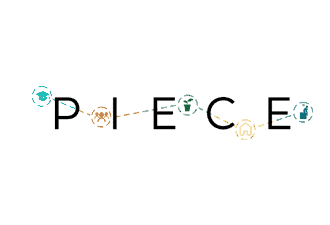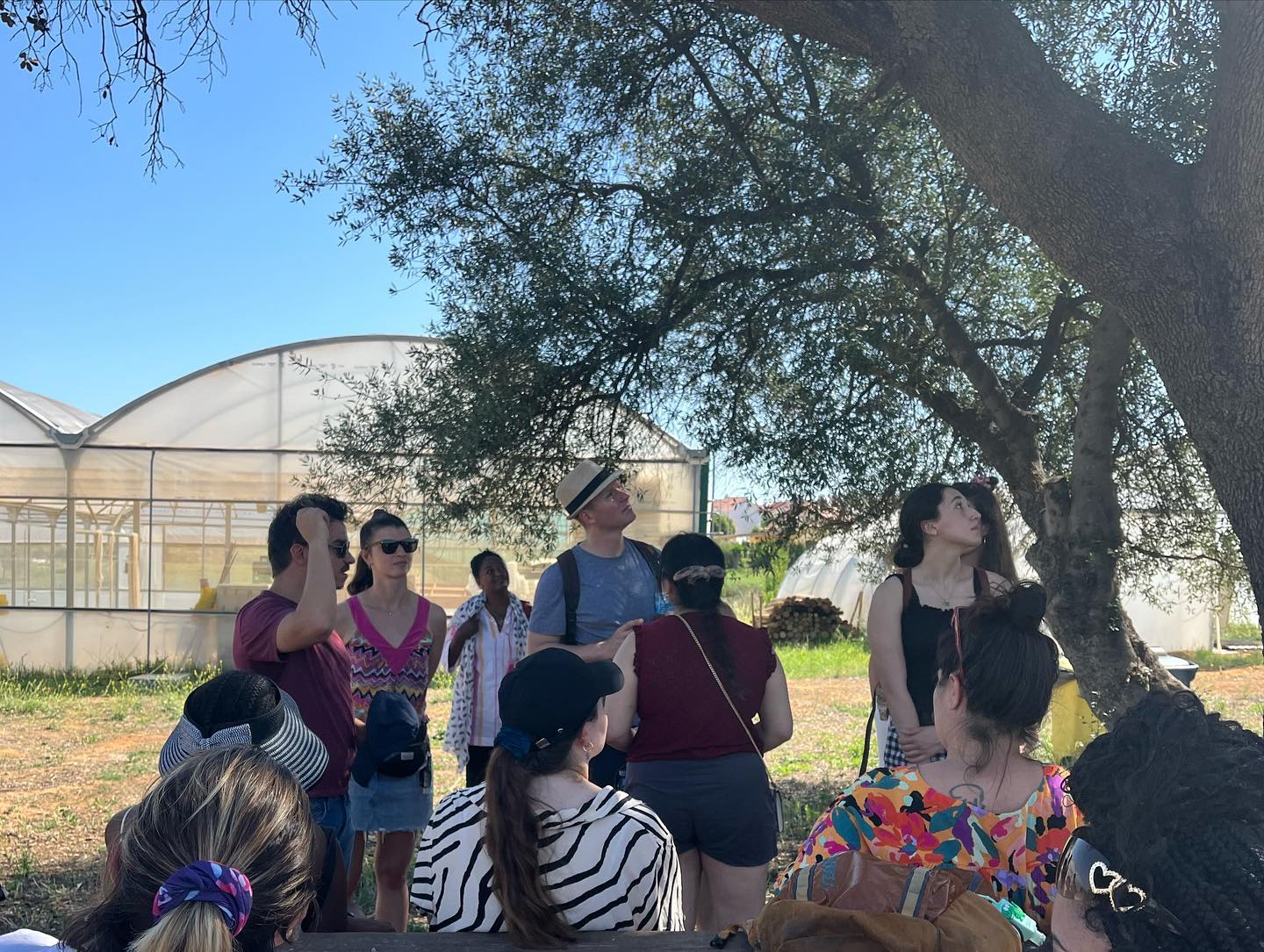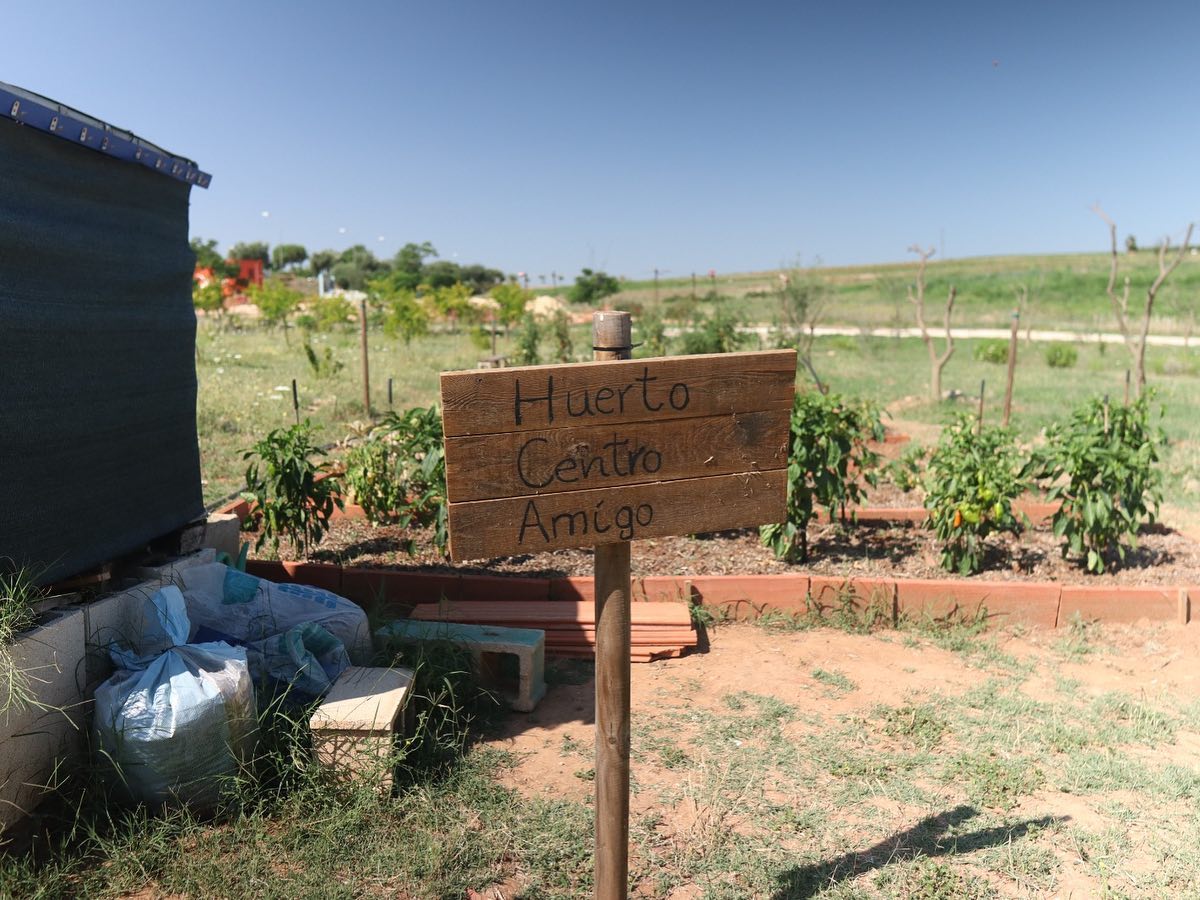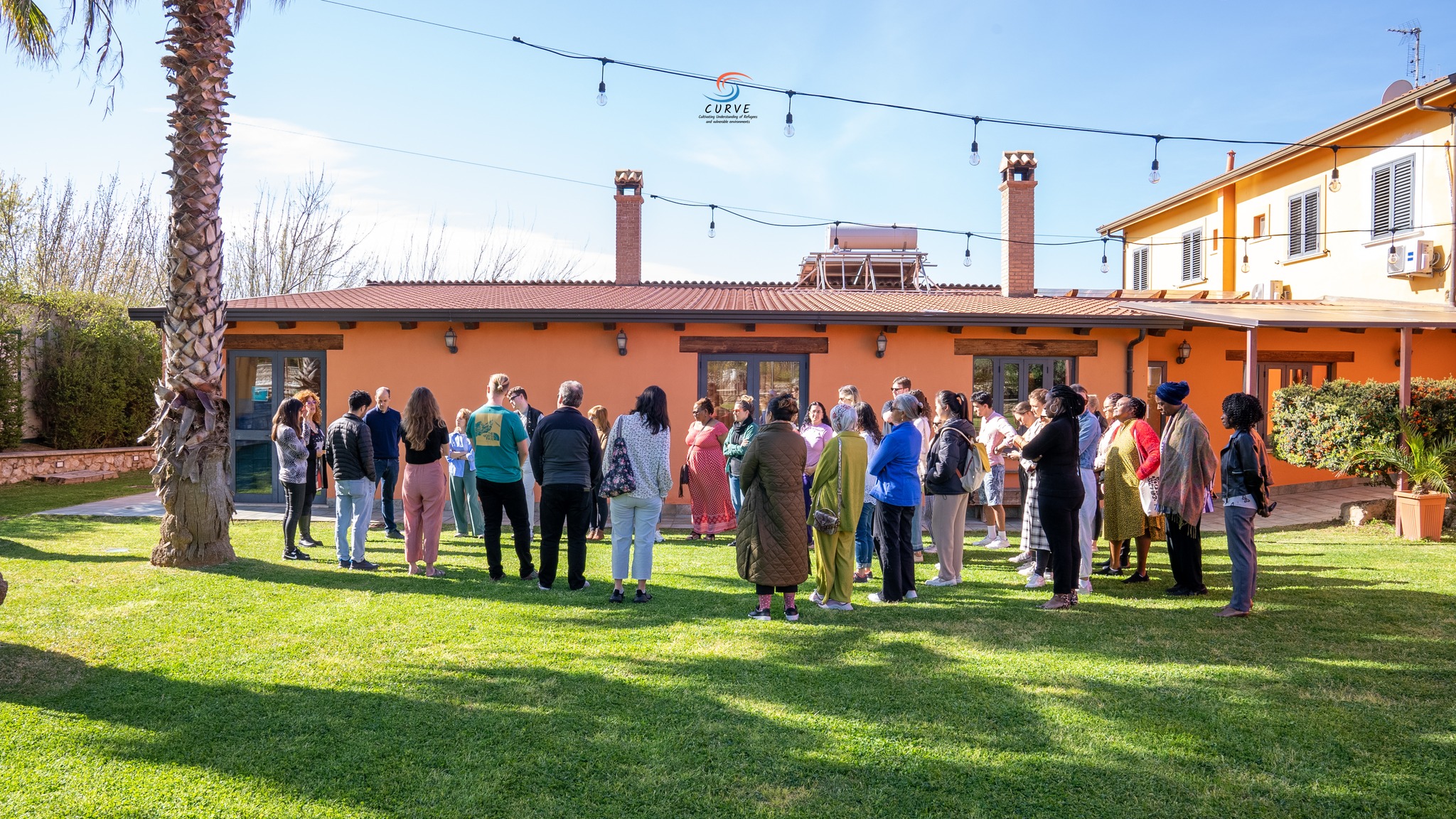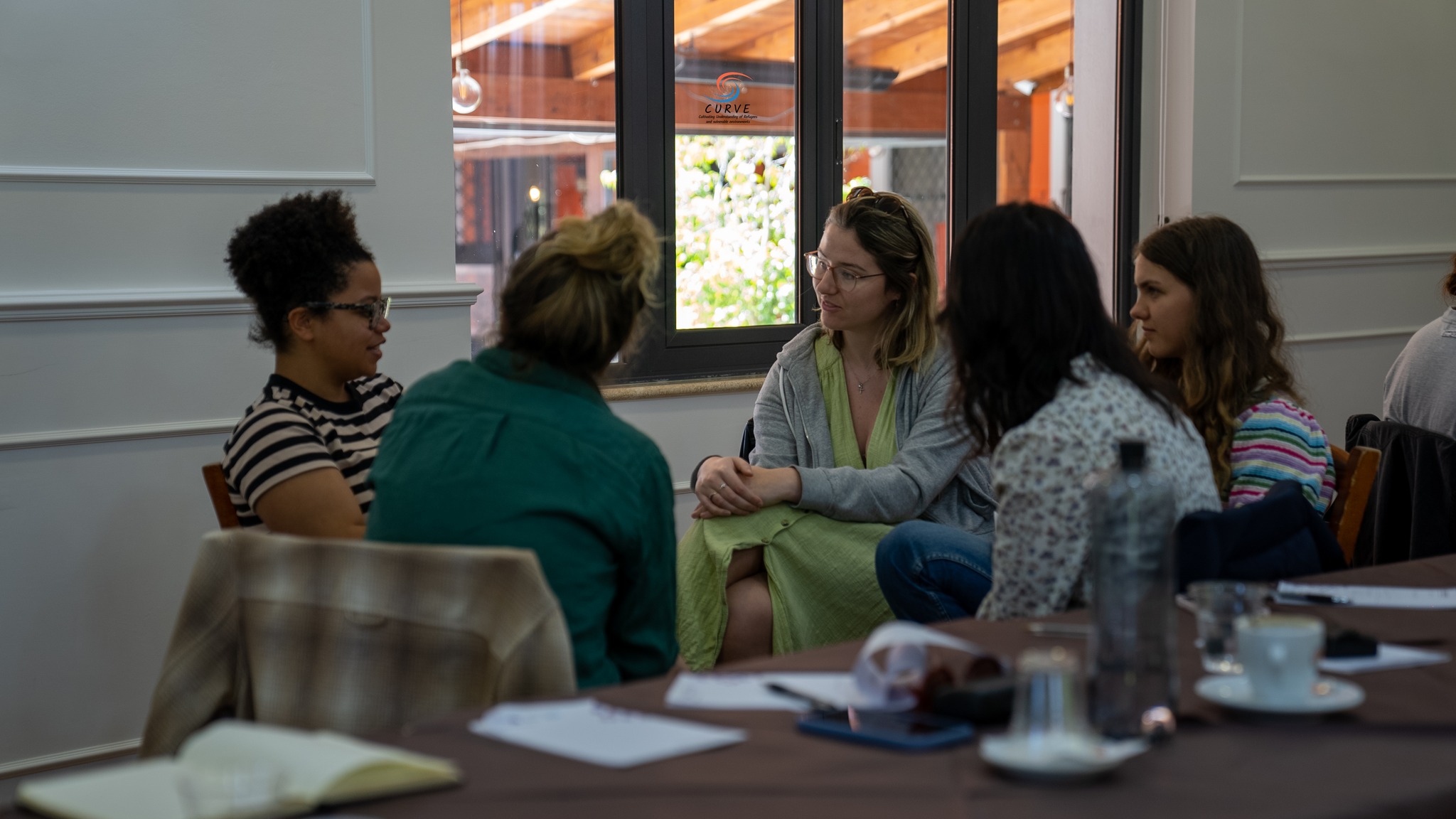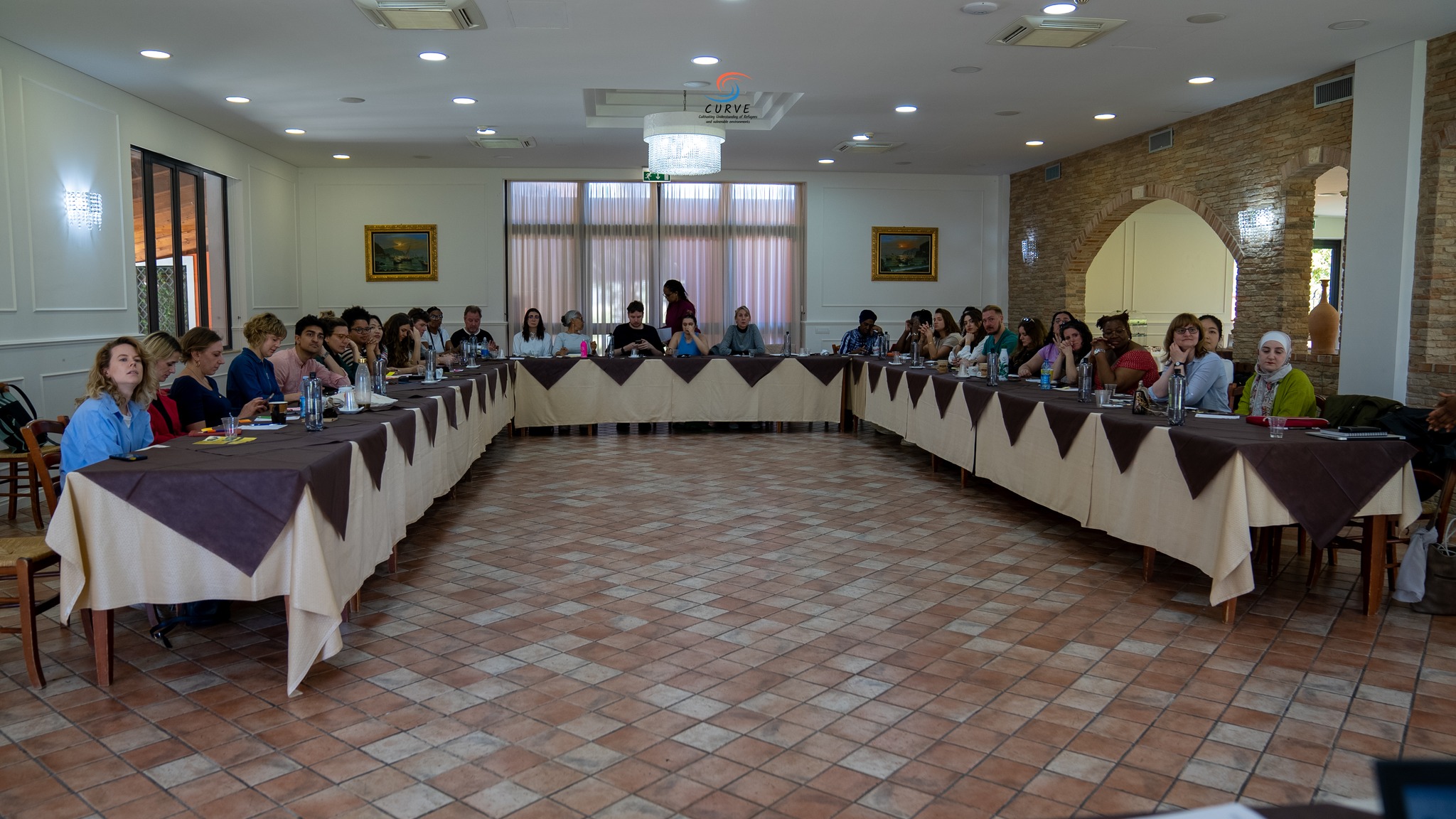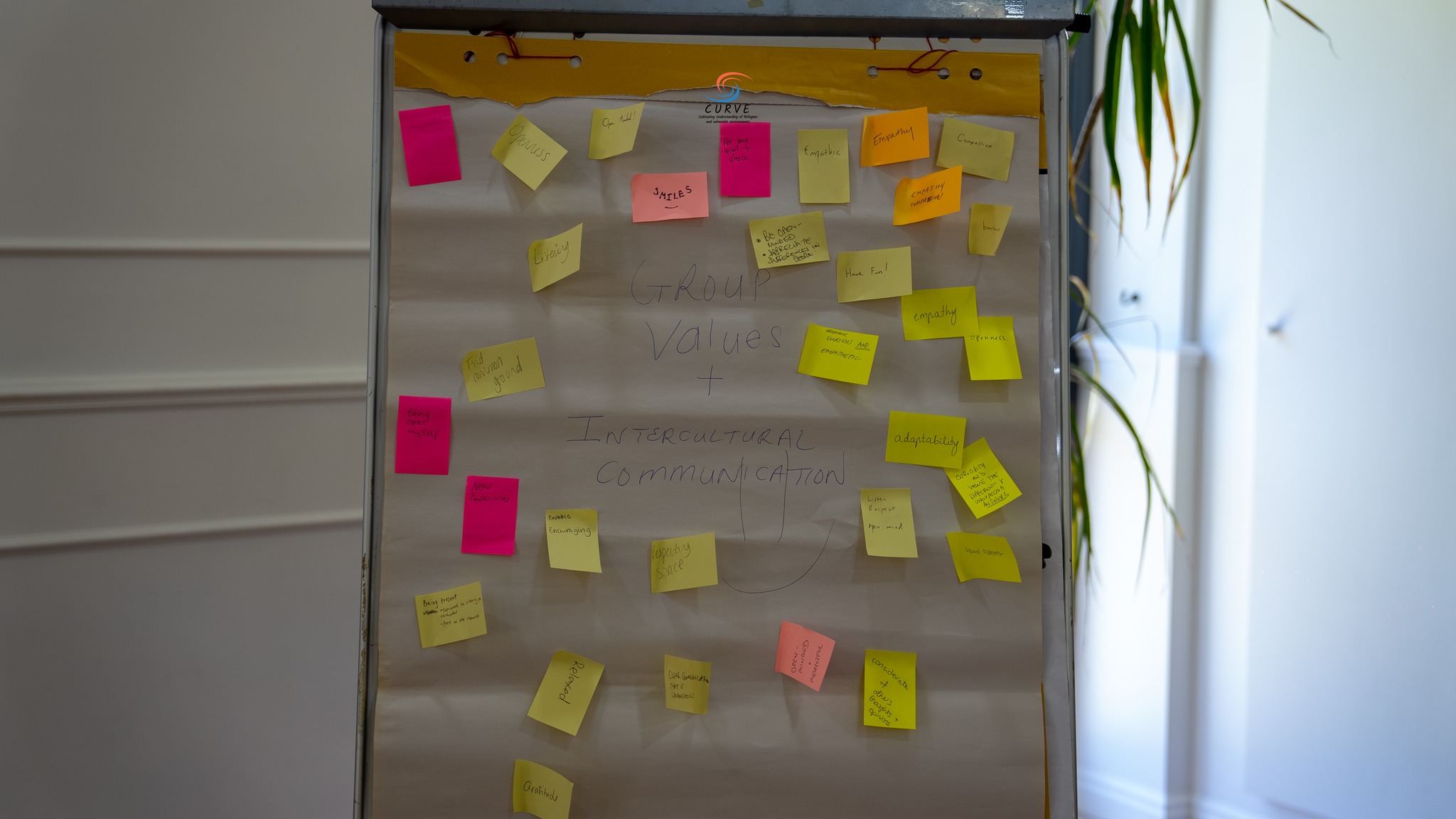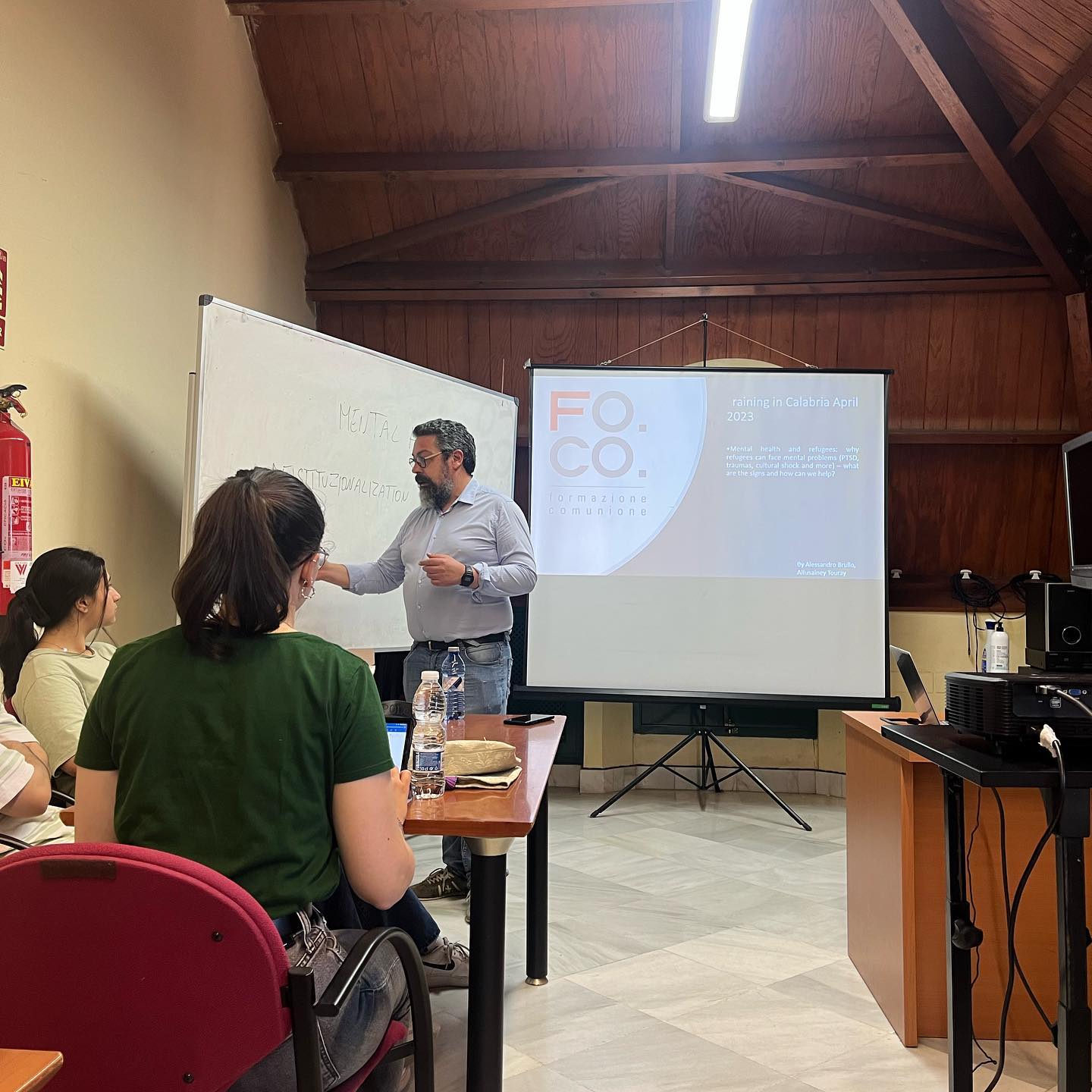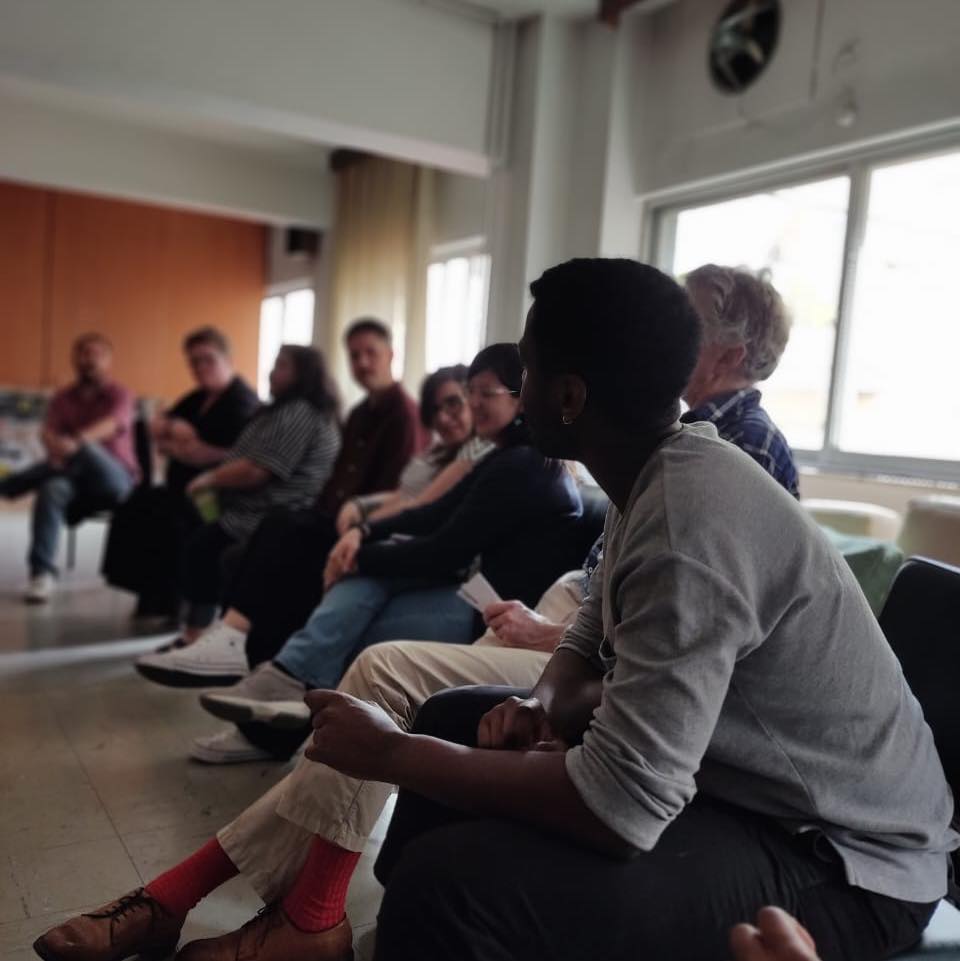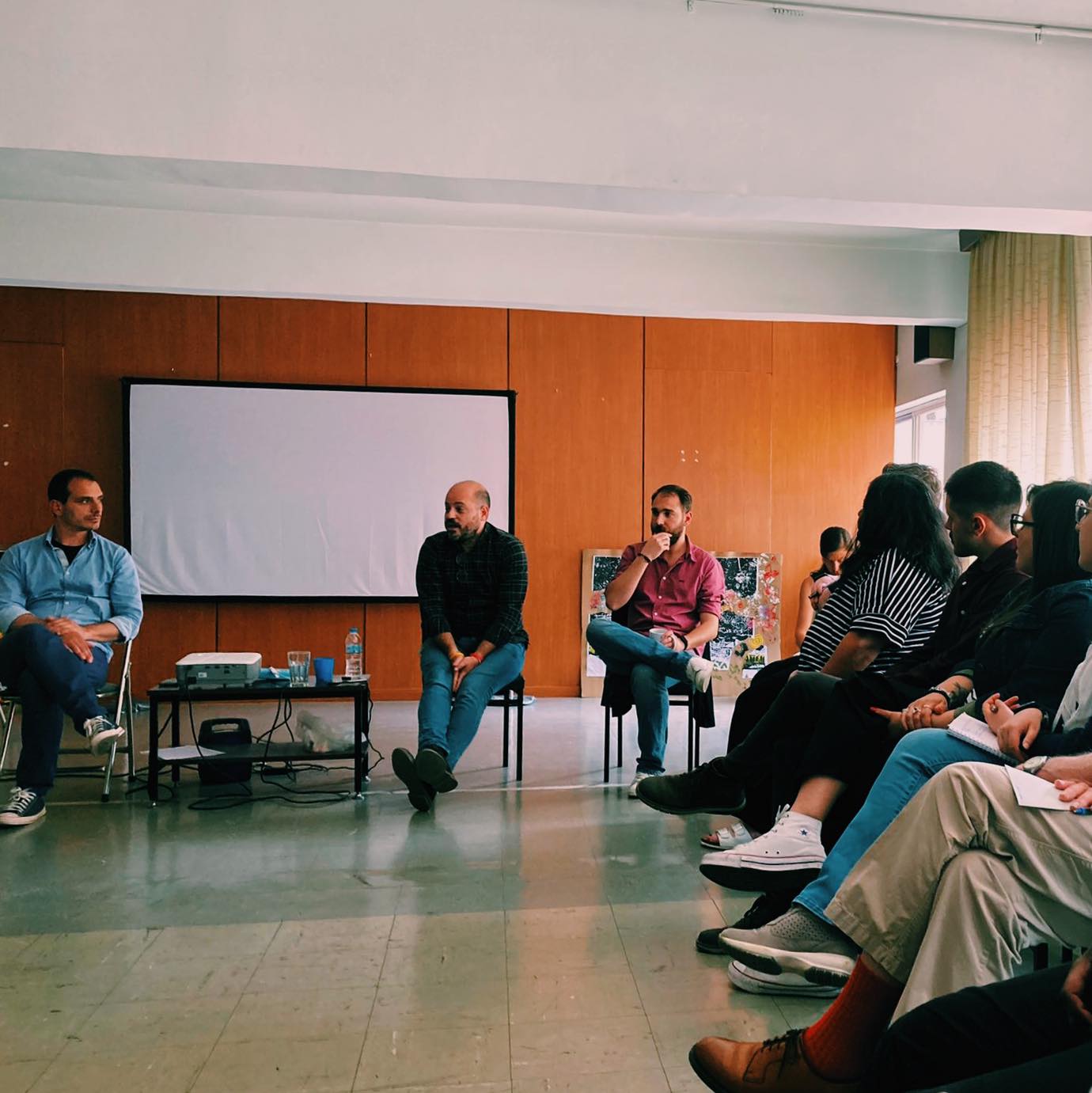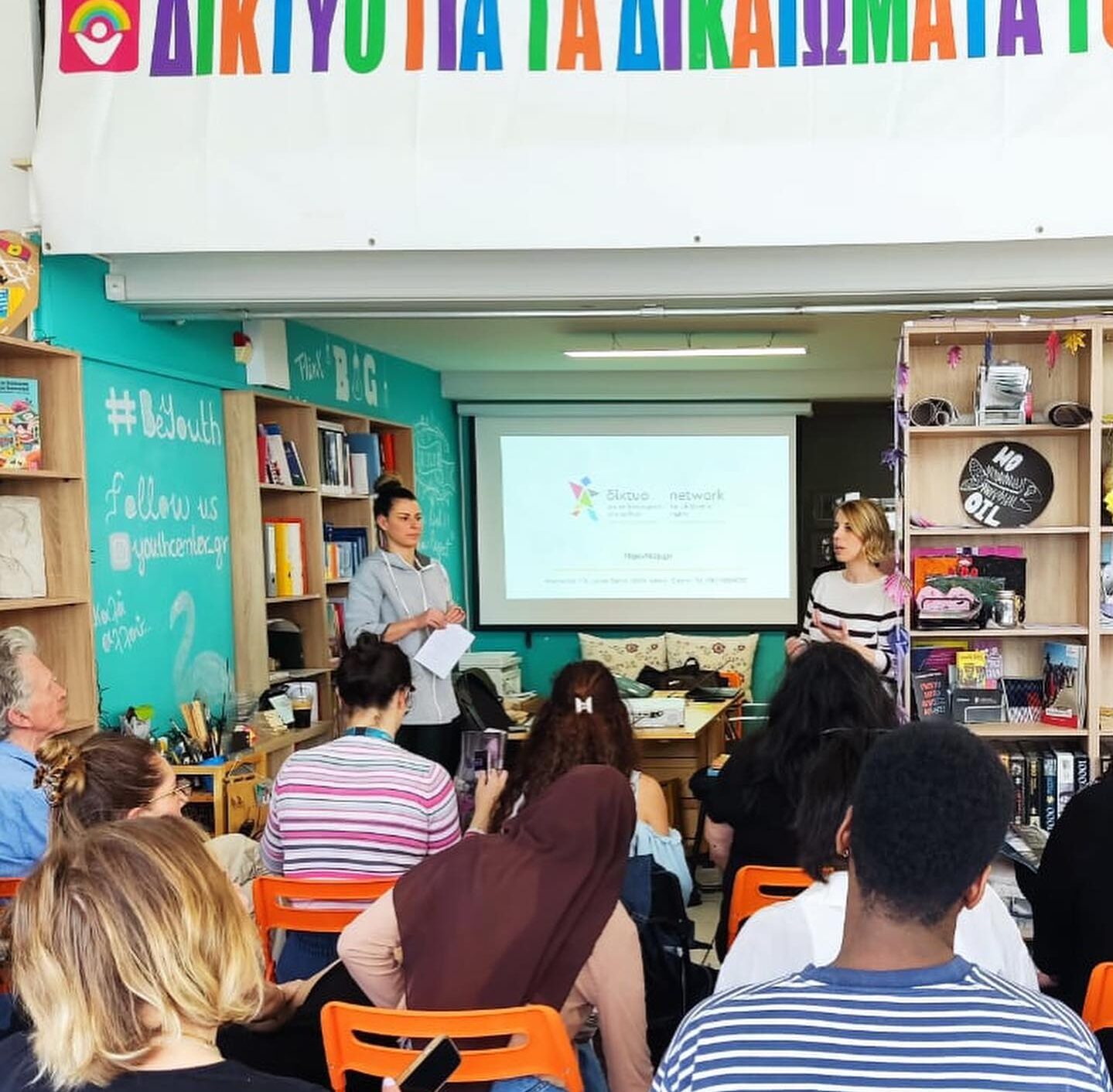

Disclaimer: Funded by the European Union. Views and opinions expressed are however those of the author(s) only and do not necessarily reflect those of the European Union or the European Education and Culture Executive Agency (EACEA). Neither the European Union nor EACEA can be held responsible for them.
CURVE was born from the cooperation between 10 UK partners from Universities to NGOs, CICs, arts organizations working at different levels on issues related to migrants in its wider meaning that includes refugees, asylum seekers, climate and economic migrants. This includes training, research, community-based activities and spaces, legal and financial assistance, mental health support, housing, climate change effects on migration and sustainable development.
The common goal of these organisations was to improve living conditions of the above groups by raising awareness of how climate change is affecting migration and what can be done to help migrants integrate in the local communities using different means from mental health support, to architecture, arts, social media.
Throughout the 2 years of the project, staff belonging to these organisations attended 6-day structured training events in Italy, Spain or Greece during which the participants were able to learn new skills in relation to the welcoming and inclusion of refugees and asylum seekers.
Training event in Spain
A. Context/background of project;
The project was tailored on the needs of the staff of the national consortium to be better prepared and acquire new competencies as regards to the reception and integration of migrants. One of the most urgent needs identified was to investigate the link between climate change and forced migration, raise awareness on the subject and promote action to tackle this issue. Linked to this issue, was also the need to explore new solutions, such as building low-budget sustainabile community spaces, which encompasses lightweight and autonomous structures for flexible mobility and emergency situations.
The idea of doing the trainings in countries of first arrival, was to give participants the opportunity to experience first-hand what system is in place and what migrants have to face once they land in Europe.
B. Objectives of the project:
– To build on good practices in order to tackle the negative perception of migrants due to populist discourse and build a better sense of community.
– To have a better understanding of the concept of forced migration due to climate change and the impact climate change will have on societies and the environment if urgent action is not taken.
– To raise awareness on the dangers of hate speech, especially against migrants, which can lead to discrimination, violence, and violation of human rights.
– To understand the effects of migration management practices on people on the move.
– To share on a local, regional, national level the idea that migrants can and have to be seen as a richness and not only as a problem.
– To avoid socio-spatial segregation, and involve both migrants and vulnerable people with the local community in the decision-making process.
Training event in Italy
C. Number and profile of participants;
120 participants were selected from the staff of the organisations in the consortium. The promoter was a UK-led consortium made up of 10 partners ranging from training organisations (Kairos Europe, KCL, London Met, Creating Ground, and Oxford Brookes), charities (British Red Cross, Cardinal Hume Centre and Laamiga) and art organizations (Eye4change, Counterpoints Arts).
D. Description of activities;
During the 2 year project we organised several training events in Spain, Italy and Greece. These were basically 6-day structured course including lectures, panel discussions, visits to local centres working with migrants, intercultural workshops, and interventions from experts working in the field.
E) Description of results;
– The main results of the projects were:
– Staff better prepared to deal with issues affecting migrants and acquisition of relevant intercultural awareness and communication skills needed to relate with people from diverse linguistic and cultural backgrounds .
– Development of new curricula and acquisition of new skills to be used by the national consortium partners for training mentors, volunteers, community workers and leaders – Creation of synergies between participants in the project and participating organisations, which reflect in more joint coordinated efforts to the benefit of local communities.
Training event in Greece
Testimonials from participants
"In addition to greatly expanding my knowledge of the above topics, I also feel my social and cultural skills were enhanced by the experience"
"The knowledge exchange between the academics and practitioners, the field visits of reception centres, adult education centres and cummunity centres for unaccopanied minors was very impressive".
"Meeting asylum seekers, refugees telling us about their experience in italy was very interesting and probably one of my favourite parts of the training".
"Witnessing the creativity in finding ways to engage adults including those from refugee, asylum seekers or migrant backgrounds in order to meet their emotional wellbeing and economic needs was inspiring".
"The various conversations we had around the topic of social cohesion and the different types of integration available to migrants opened my eyes towards a deeper understanding of this phenomenon and made me understand that a multidisciplinary approach coupled with novel and better policies and digital solutions can help aid migrant integration".
"My experience at the event was also very positive thanks to the organisers who planned every day to perfection. Presentations and visits were combined in order to provide a rich learning experience, which I found extremely valuable and will have a long-lasting impact, not just on my professional career, but also on my personal development".

